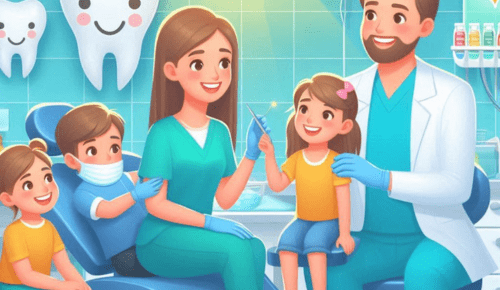HIV, the virus that causes AIDS, requires specialized care from healthcare professionals with expertise in various disciplines. In the United States, several medical specialties focus on HIV prevention, diagnosis, treatment, and support services. Let’s examine the top five HIV specialties in the USA, highlighting their roles in combating the HIV epidemic and improving the lives of affected individuals.
1.Infectious Diseases: Managing HIV Infection
Infectious disease specialists play a crucial role in managing HIV infection by providing comprehensive care, including antiretroviral therapy (ART), preventive measures, and monitoring for complications. They collaborate with other healthcare providers to ensure optimal treatment outcomes and quality of life for HIV-positive individuals.
2.HIV Medicine: Specialized Care
HIV medicine specialists, also known as HIV/AIDS specialists, focus specifically on the diagnosis, treatment, and management of HIV infection. They stay updated on the latest research and guidelines, tailoring treatment plans to each patient’s unique needs and circumstances.
3.Public Health: HIV Prevention and Education
Public health professionals work tirelessly to prevent the spread of HIV through education, outreach programs, and policy initiatives. They promote HIV testing, encourage safer sex practices, and advocate for access to preventive measures such as pre-exposure prophylaxis (PrEP) and needle exchange programs.
4.Mental Health and Psychiatry: Addressing Psychological Aspects
Mental health professionals, including psychiatrists, psychologists, and social workers, play a crucial role in addressing the psychological and emotional aspects of living with HIV. They provide counseling, support, and therapy to help individuals cope with the challenges of HIV stigma, depression, anxiety, and substance abuse.
5.Infectious Disease Pharmacy: Medication Management
Infectious disease pharmacists specialize in managing medications used to treat HIV and prevent opportunistic infections. They ensure proper dosing, monitor for drug interactions and side effects, and provide education to patients on adherence and medication safety.
Conclusion: Collaborative Efforts in HIV Care
The top five HIV specialties in the USA demonstrate the collaborative approach necessary to address the multifaceted challenges posed by HIV/AIDS. Through the efforts of infectious disease specialists, HIV medicine providers, public health professionals, mental health practitioners, and infectious disease pharmacists, significant strides have been made in preventing new infections, improving treatment outcomes, and enhancing the overall well-being of individuals living with HIV. As research continues and healthcare systems evolve, these specialties will remain at the forefront of HIV care, striving to achieve the ultimate goal of ending the HIV epidemic.




